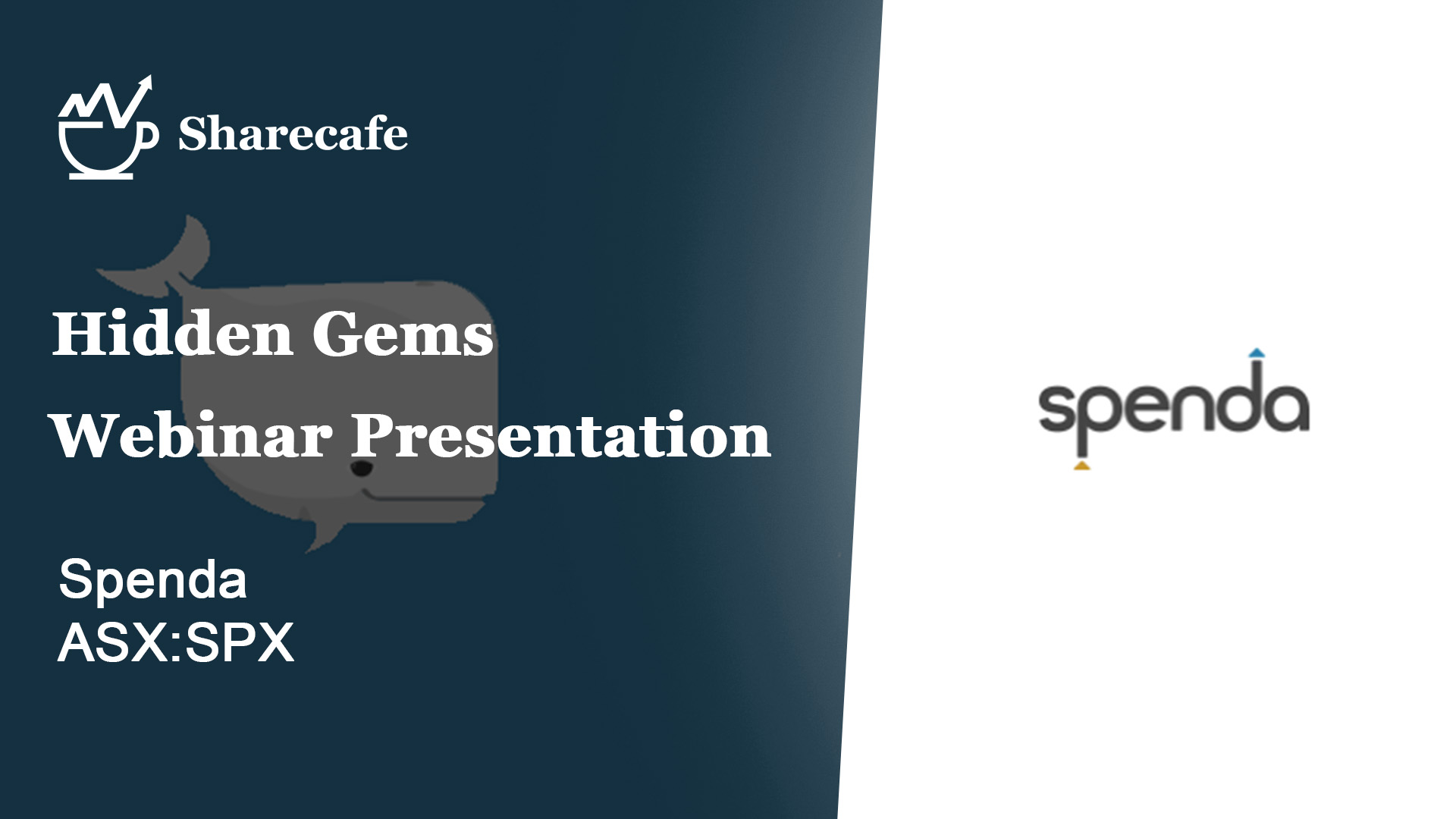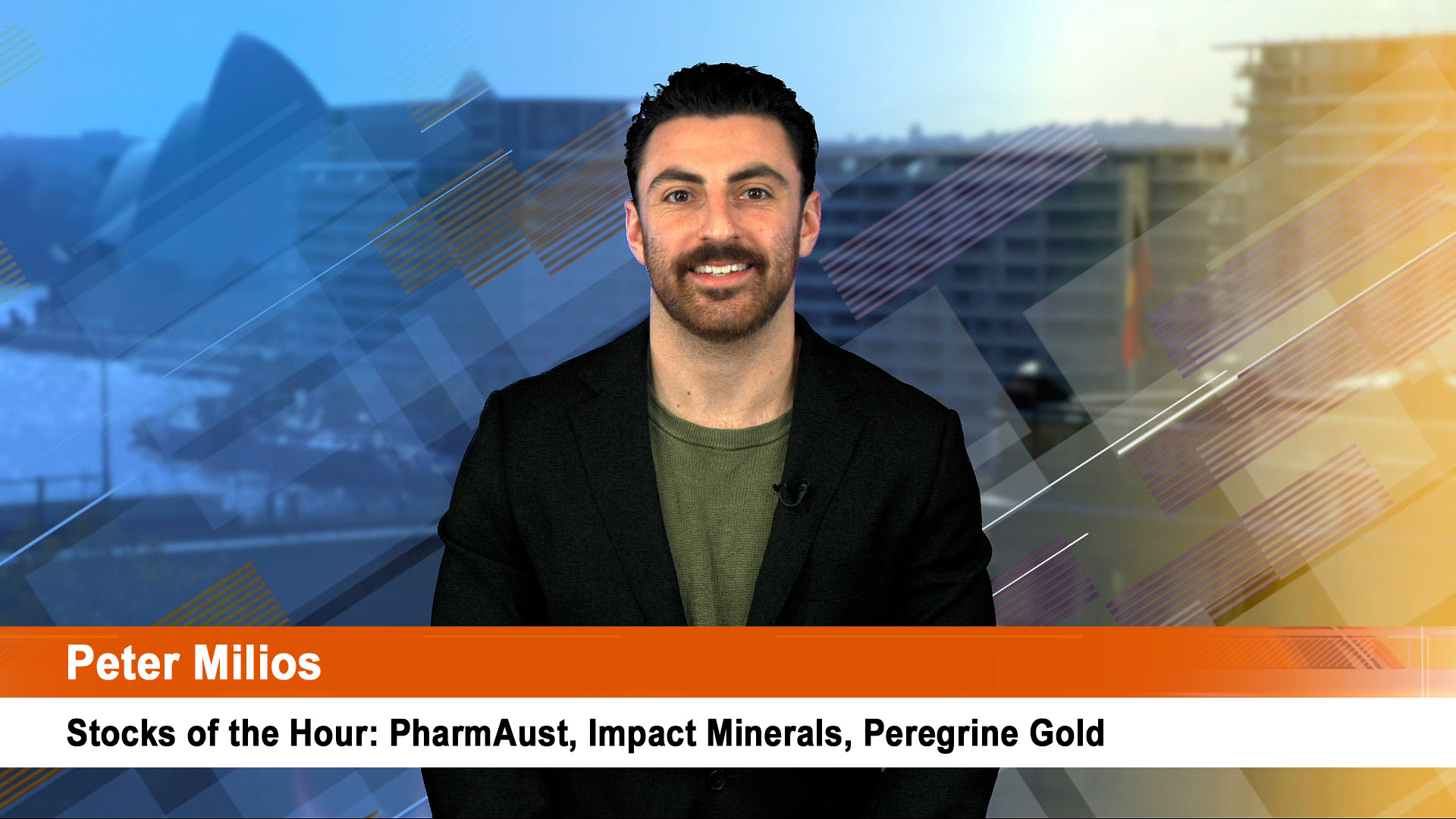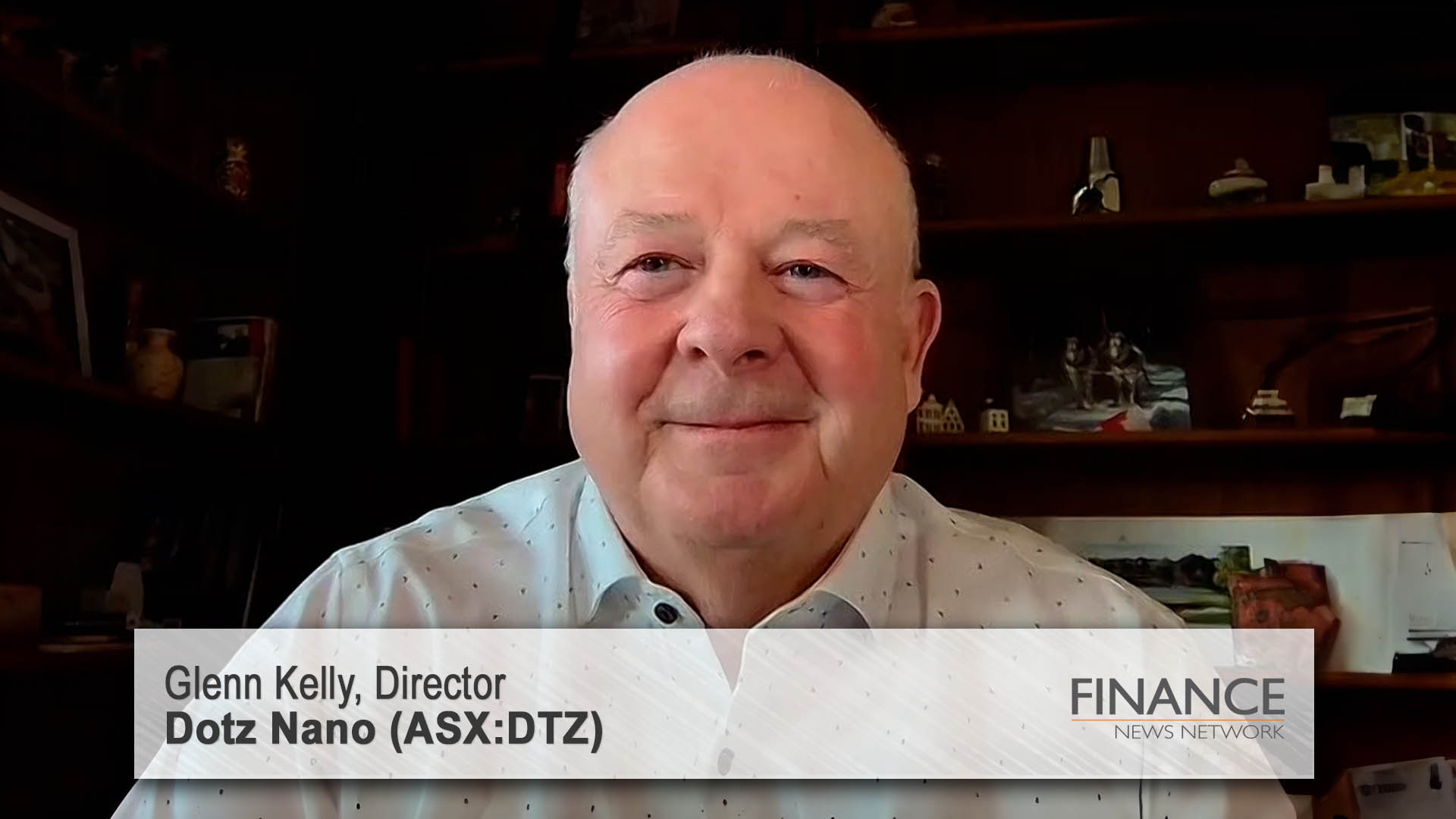A mixed initial reaction from investors to the Holden closure news yesterday with one listed dealer’s shares falling and the other’s rising.
The most obvious companies to face any fallout from the Holden decision by GM are Perth-based Automotive Holdings (AHE), the country’s largest listed group, and AP Eagers (APE), another listed car dealer centred on Brisbane.
And, the initial market reaction yesterday wasn’t to sell the house, as we saw with QBE and its surprise loss this week, and countless other stocks in the past 12-months.
Automotive Holdings shares has 12 Holden dealerships in NSW, Queensland, Victoria, WA and New Zealand.
Automotive also has Ford and Mitsubishi dealerships in its portfolio and has so far survived the closure decisions from both companies.
The shares slipped 2.6% to $3.36 – they peaked earlier this year just above $4.20 and have been on a slow moving decline since.
AP Eagers shares saw its shares edge 2 cents higher to $4.82.
AHE vs APE YTD – Investors all but ignore Holden impact on two big listed car dealers

In many respects the reaction was muted because the closure was seen a long time ago and the impact will be on mostly privately owned or foreign companies not listed on the ASX.
Automotive said yesterday that; "About 50 per cent of Holden’s current sales are imported vehicles and we expect there will be significant new models in the range after 2018, priced for the Australian market."
APE Eagers says it’s Australia’s oldest dealership and has outlets in South Australia, Queensland, NSW and Darwin.
It also has Ford, Holden ands Mitsubishi among its collection of dealerships.
Both also own Toyota outlets as well and face additional pressures if the Japanese car giant decides to exit Australia, the chances of which seem to have risen with the Holden exit decision.
But both companies have significant links to imported brands such as Audi, Hyundai, Kia, Subaru, Jeep, Mazda, Lexus, Nissan Porsche and Volkswagen.
Automotive also has a solid logistics and transport business, as well as a bike important and retailing division.
That provides diversification in addition to the spread of car dealer outlets beyond Ford, Holden, Toyota and Mitsubishi.
In its statement yesterday, Holden pointed out how the higher dollar has made it tougher for its manufacturing business, as well as a "high fragmented" and very competitive retail market for cars.
The fragmented and competitive nature of the industry is underlined by the spread of dealer outlets controlled by Automotive and AP Eagers.
The impact of the dollar is seen in that spread of dealers because it has made importing cars much cheaper and easier to sell.
"Since 2001, the Australian dollar has risen from $US0.50 to as high as $US1.10 and from as low as 47 to as high as 79 on the Trade Weighted Index," GM said in the statement.
"The Australian automotive industry is heavily trade exposed. The appreciation of the currency alone means that at the Australian dollar’s peak, making things in Australia was 65 per cent more expensive compared to just a decade earlier."
A decade ago in early December 2003, the Australian dollar was trading at 74 US cents. The dollar reached an all-time high of 110 US cents in July 2011 – 48.7% per cent above its December 2003 levels.
The currency traded above parity with the US dollar for the best part of two years.
It has since shed about 15% of its value from mid-April and is current buying just above 91 US cents. But that’s still 23% higher than its December 2003 values.
The longer term impact will be on the finances of the Victorian and South Australian governments and on the Federal Budget with higher spending on training, unemployment and other benefits for workers and employers.
It’s clear from the Holden statement that it was the sustained strength in the value of the dollar, plus the changes in the Australian car market and increased competition that killed off the company’s manufacturing future here – not tax, wages or any other factor.













